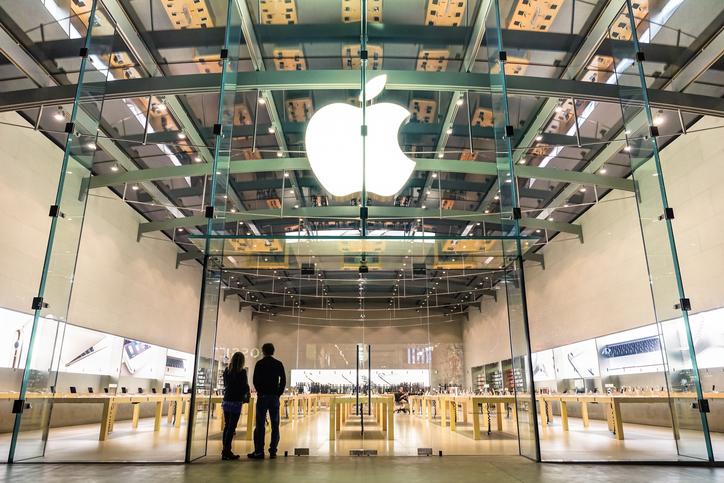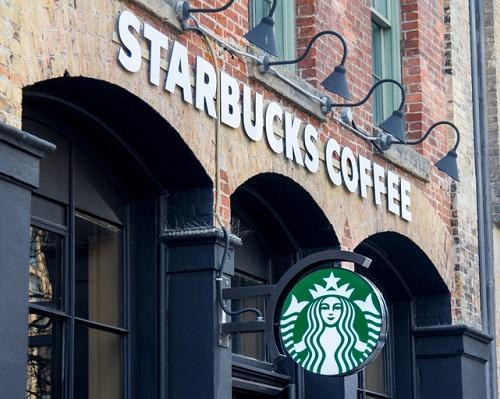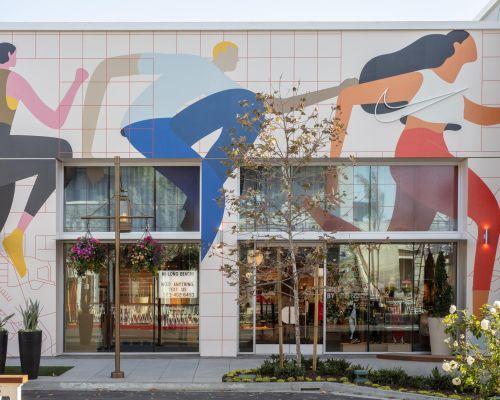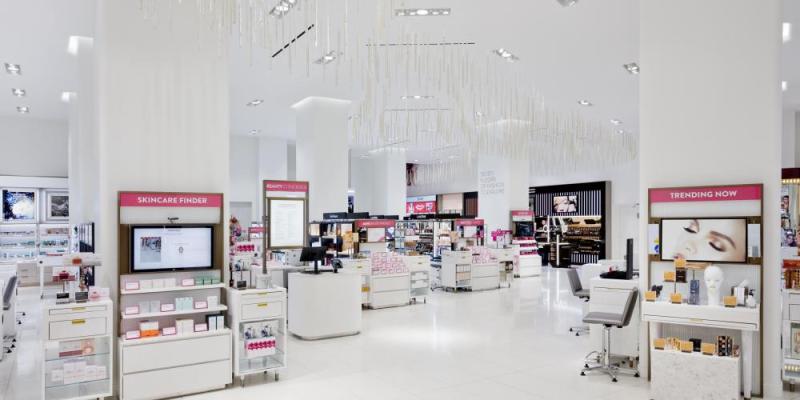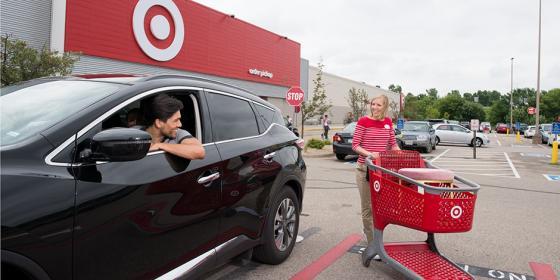The 10 Most Admired Retailers for 2020
Being admired by your peers is something many industries strive for and is often a good indicator of overall success. In the retail industry, those you work with, as well as those you compete with, know your business better than anyone else. Thus being admired and respected in the retail community is quite the notable achievement.
For more than two decades, Fortune has been publishing its annual “World’s Most Admired Companies,” report, determined based on ratings calculated from almost 3,800 executives, directors and analysts. To determine the best-regarded companies in 52 industries, survey respondents are asked to rate companies in their own industry on nine criteria, from investment value and quality of management and products to social responsibility and ability to attract talent.
To compile this year’s list, Fortune once again partnered with Korn Ferry, a global management consulting firm, which has conducted the research for the report since 1997. They began with a universe of about 1,500 candidates: the 1,000 largest U.S. companies by revenue, along with non-U.S. companies in Fortune’s Global 500 database that have revenues of $10 billion or more. A company’s score must rank in the top half of its industry survey to be listed.
The full results over all industries are available here. Below we take a look at the 10 highest ranked retailers in the report.
2020’s Most Admired Retailers
(1) Apple
For the 13th straight year, Apple claimed the top spot in Fortune’s annual ranking of corporate reputation. In fact, the technology manufacturer and retailer finished in first place in every category in its industry categories including innovation, people management, social responsibility, quality of products, and global competitiveness. The Apple brand is synonymous with quality hardware and innovative software for both consumer and enterprise devices.
(2) Amazon
Not surprisingly Amazon finished first place in finished in the innovation category in its industry categories. Amazon has disrupted the retail industry like no other, categorically changing consumer expectations and growing to a retail superpower in just over two decades. Amazon’s rapid rise is due in large part to its commitment to putting the customer first, which was demonstrated most recently when the e-commerce giant announced it would spend around $1.5 billion more during its fourth quarter on costs associated with making one-day shipping for its loyal Prime members a reality.
(6) Starbucks
Still in the top 10, Starbucks dropped a spot from fifth place to sixth in Fortune’s report. The global coffee giant still holds the first place spot for the foods services industry, boasting a massive following of loyal coffee drinkers. Starbucks continues to innovate to improve the coffee buying experience, by focusing on customer connections inside its abundance of brick-and-mortar shops, that extend to its digital relationships. The over-arching strategy has likely helped it achieve first place in every category in its industry categories, including social responsibility and people management.
(9) Costco Wholesale
Costco climbed up three positions in the ranks to claim the number nine spot this year. Costco’s increasing admiration may in part stem from its treatment of its workforce. Associates are offered an above average hourly wage, health insurance, retirement savings plan, and more. Its success in the membership warehouse market comes thanks to its buy-in-bulk savings and constantly changing merchandising mix that keeps shoppers coming back for more.
(13) Nike
The sportswear apparel manufacturer and retailer is known across the globe for providing quality merchandise and innovative new ways to shop. “Our strong growth continues to be fueled by an increasingly more direct connection to consumers in the marketplace,” CFO Andy Campion noted during the retailer’s most recent earnings call. Nike has focused on connecting with the consumer both in-store and out, developing and deploying mobile apps that take the digital customer experience to new heights. Nike has been fueling its digital transformation through the digital talent it has added through recent acquisitions and investments in its teams.
(18) Walmart
Walmart jumped from 25 to 18 this year. The retailer has been innovating at break-neck speed over the last year, from exploring how artificial intelligence can contribute to the store experience in a real-world shopping environment, to scaling its unlimited grocery delivery and taking its automated grocery-picking robots beyond the pilot phase. However, even the retail megalith has room to improve. In the general merchandisers industry category, Walmart came in third place, behind Target and Costco.
(20) Nordstrom
Nordstrom has emerged as an omnichannel leader, while competing department stores have struggled to find their way in the digital age. From strategically pairing Rack and flagship stores with smaller Nordstrom Local stores to increase access to inventory and services, to leveraging robotic solutions and retail partnerships, Nordstrom has been unwavering in its commitment to developing and trialing cutting-edge retail solutions. And while other retailers have shied-away from opening stores, Nordstrom made a bold statement opening a 320,000-square-foot women's store in Manhattan this year, just a year and a half after it opened the doors to a 47,000-square-foot Nordstrom Men's Store NYC across the street.
(21) Home Depot
Home Depot, the go-to place for everything home improvement, came scored number one for financial soundness. Its massive stores are the backbone of the enterprise, and the retailer is investing “for long-term health.” The retailer’s investments in a personalized B2B website experience is one example. The digital transformation work is a significant component of the unique value proposition it’s creating for its Pros. Additionally, Home Depot has seen its buy-online-pickup-in-store (BOPIS) service spike, with 50% of online U.S. orders being picked-up in stores, and has been rolling out pickup lockers to meet customers’ growing demand for the service.
(22) Target
Target skyrocketed ten positions this year, from 32 to 22, and has been steadily rising: The retailer finished 38 in 2018. It also ranks number one in its general merchandisers industry category, ahead of Costco and Walmart. To help maintain its position, the retailer is in the midst of remodeling retail stores across the U.S. to meet shopper demand for an evolved customer experience, completing just under 300 remodels last year. It launched a new loyalty program last year, added hundreds of Drive Up locations for fast and easy pickup of online purchases, and continues to offer limited time assortments to capture consumers’ hearts and build awareness and traffic to stores.
(38) CVS Health
While CVS dropped three positions to 38, the drugstore retailer is still a highly respected company. It ranks number one for its industry category: Health Care: Pharmacy and Other Services. CVS is rapidly scaling its store concept that devotes more space to services and offers expanded health clinics. The drugstore retailer plans to complete around 600 HealthHUBs this year, 1500 by the end of 2021. CVS is also using data and analytics from the healthcare segment to provide its pharmacists real-life data about the care of patients. It scored number one for people management, social responsibility, quality of management, and quality of products.




